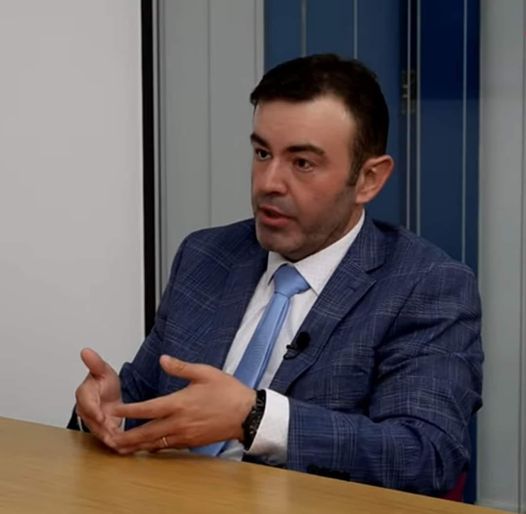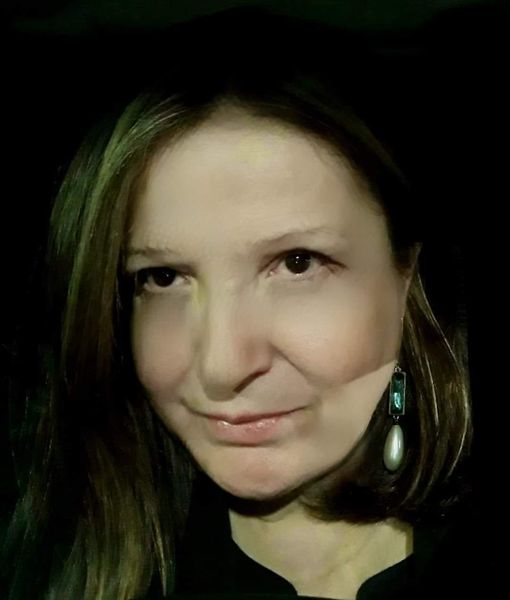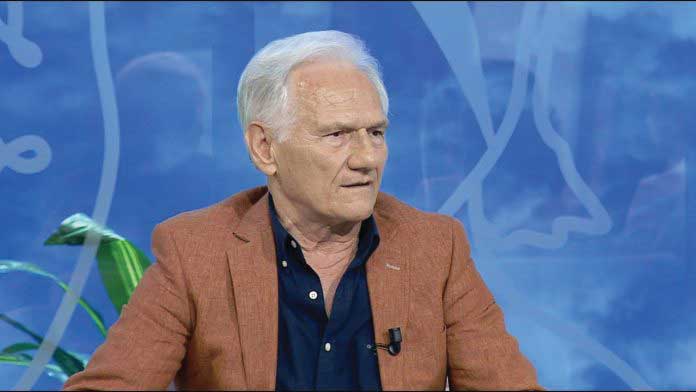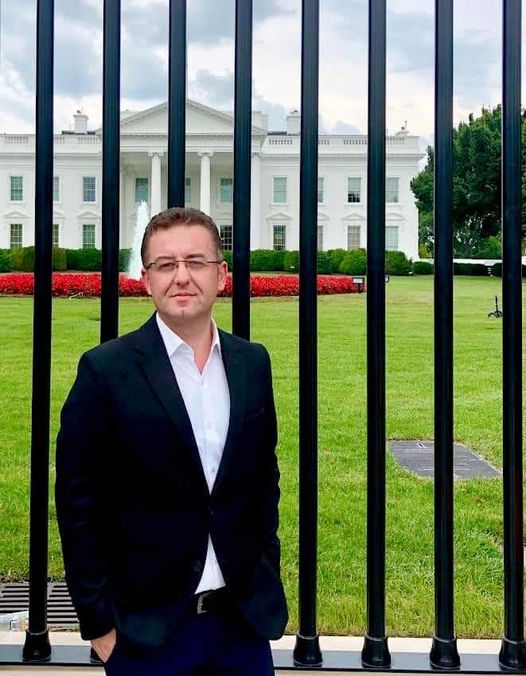
Dr. Faton Bislimi/
Gjerësa Kosova përgatitet për zgjedhjet parlamentare më 9 shkurt 2025, skena politike po gjallërohet përsëri me premtime për ndryshim, reforma dhe përparim. Partitë politike e koalicionet do të paraqesin platformat e tyre, duke ofruar programe të dizajnuara për të adresuar zhvillimin ekonomik të vendit, shëndetësinë, arsimin dhe marrëdhëniet me Bashkimin Evropian e Shtetet e Bashkuara. Ndërsa këto platforma janë thelbësore për procesin demokratik, pyetja kryesore që duhet të bëjnë qytetarët e Kosovës është kjo: A janë këto premtime të besueshme, apo janë thjesht retorikë? Diferenca kryesore midis një programi politik dhe besueshmërisë së atyre që e ofrojnë atë mund të vendosë të ardhmen e Kosovës.
Fuqia e Besueshmërisë në Lidershipin Politik
Max Weber, një nga teoricienët më me ndikim të politikës, theksoi në esenë e tij të famshme “Politika si Profesion” se lidershipi politik është po aq i lidhur me karizmën dhe besueshmërinë sa është edhe me politikat vetë. Weber argumentoi se autoriteti karizmatik, i bazuar në cilësitë personale dhe besueshmërinë e liderit, luan një rol vendimtar në mobilizimin e mbështetjes publike. Në kontekstin e zgjedhjeve të ardhshme të Kosovës, ky mendim duhet t’ia kujtojë votuesit se besueshmëria e kandidatëve dhe partive shpesh është një parashikues më i saktë i suksesit politik sesa specifikat e programeve të tyre zgjedhore.
Skena politike e Kosovës ka parë liderë karizmatikë dhe premtime ambicioze, por hendeku midis retorikës gjatë zgjedhjeve dhe realitetit pas zgjedhjeve mbetet i gjerë. Ndërsa vendi përpiqet të forcojë themelet e tij demokratike, qytetarët duhet të vlerësojnë në mënyrë kritike jo vetëm atë që propozon çdo parti, por edhe karakterin dhe përvojën e atyre që qëndrojnë pas këtyre propozimeve.
Programet Politike: Përmbajtja ka rëndësi, por ka edhe përcuesi/prezantuese i përmbajtjes
Programet politike shërbejnë si plane për të ardhmen e Kosovës, duke përfshirë strategji për rritjen ekonomike, integrimin në institucionet evropiane dhe përmirësimin e shërbimeve publike. Por, siç kishte vërejtur Niccolò Machiavelli në librin e tij të famshëm, “Princi,” perceptimi për besueshmërinë e një lideri shpesh e tejkalon përmbajtjen e vërtetë të propozimeve të tij. Machiavelli argumentoi se reputacioni i një udhëheqësi sa i përket besueshmërisë dhe integritetit mund të jetë më vendimtar për sigurimin e pushtetit sesa politikat specifike që ai mbështet.
Kjo është një pikë e theksuar edhe nga teoricieni bashkëkohor politik Francis Fukuyama në librin e tij “Rendi Politik dhe Dekadenca Politike.” Fukuyama argumenton se institucionet dhe liderët e tyre duhet të ndërtojnë besimin e publikut për të arritur stabilitetin dhe reformat afatgjata. Në Kosovë, ku besimi te institucionet politike shpesh është sfiduar nga akuzat për korrupsion dhe keqmenaxhim, zgjedhjet e ardhshme do të testojnë nëse votuesit i japin prioritet integritetit dhe llogaridhënies po aq sa premtimeve ambicioze.
Hendeku i Besueshmërisë në Kosovë
Në arenën politike të Kosovës, hendeku i besueshmërisë mbetet një çështje e rëndësishme. Shumë parti politike kanë premtuar në të kaluarën reforma dhe përparim ekonomik, por kanë hasur në vështirësi për të ofruar rezultate të prekshme. Ndërsa vendi përballet me papunësi, një sistem shëndetësor të dobët dhe me nevojën për integrim në BE, pyetja është nëse liderët që propozojnë zgjidhje kanë përvojën e faktuar për të realizuar këto ndryshime.
Analiza e Thomas Piketty në librin e tij “Kapitali në Shekullin e Njëzetenjëtë” mbi pabarazinë ekonomike ndërlidhet këtu, pasi ai sugjeron që përparimi i qëndrueshëm kërkon jo vetëm politikat e duhura por edhe liderët që me të vërtetë besojnë dhe janë të përkushtuar për zbatimin e tyre. Në Kosovë, votuesit duhet të jenë të kujdesshëm ndaj politikanëve që premtojnë transformime të shpejta ekonomike, por që më parë kanë dështuar të adresojnë çështjet sistematike si krijimi i vendeve të punës dhe qeverisja transparente.
Sfidat me të cilat përballet Kosova nuk janë unike; ato pasqyrojnë përpjekjet e shumë demokracive të reja. Në librin e saj “Kjo Ndryshon Gjithçka: Kapitalizmi kundër Klimës,” për shembull, Naomi Klein argumenton se edhe politikat më të mira dhe më të sinqerta mund të dështojnë pa lidershipin e besueshëm për t’i udhëhequr ato. Kjo ide është veçanërisht e rëndësishme ndërsa Kosova synon të luftojë korrupsionin dhe të ndërtojë një mjedis të përshtatshëm për zhvillim të qëndrueshëm. Besueshmëria dhe vullneti politik janë themelet e arritjes së këtyre qëllimeve ambicioze.
Besueshmëria si Gurthemeli i së Ardhmes së Kosovës
Filozofi politik i Harvardit, Michael Sandel, në “Drejtësia: Çfarë është Gjëja e Duhur për të Bërë?”, thekson se lidershipi etik dhe karakteri moral i politikanëve janë thelbësore për të ndërtuar rezultate të drejta në shoqëri. Për Kosovën, gjerësa ecën përpara në rrugën drejt një shteti të qëndrueshëm, demokratik dhe të begatë, karakteri i liderëve të saj do të jetë një faktor vendimtar. Në këto zgjedhje të ardhshme, votuesit duhet të fokusohen në integritetin dhe llogaridhënien e atyre që synojnë të udhëheqin, përtej thjesht atraktivitetit të programeve të tyre politike, si dhe oratorisë nganjëherë edhe mbresëlënëse.
Gjerësa Kosova vazhdon përpjekjet për integrim më të madh në Bashkimin Evropian dhe angazhim më të thellë me partnerët ndërkombëtarë, besueshmëria e lidershipit të saj politik do të luajë një rol vendimtar në përcaktimin e drejtimit të ardhshëm të Republikës sonë të re. Liderët që kanë demonstruar transparencë, konsistencë dhe përkushtim ndaj parimeve demokratike kanë më shumë gjasa të fitojnë besimin e elektoratit dhe të komunitetit global.
Përgjegjësia e Elektoratit të Kosovës
Në fund të fundit, suksesi i procesit demokratik të Kosovës varet nga qytetarët e saj. Siç argumentoi John Locke në veprën e tij themeltare “Dy Trajtesa mbi Qeverisjen,” legjitimiteti i çdo qeverie qëndron te pëlqimi i të qeverisurve, i cili duhet të bazohet në vendimmarrjen e informuar dhe racionale. Në këto zgjedhje, votuesit e Kosovës kanë përgjegjësinë të shohin përtej slloganeve të fushatës dhe të shqyrtojnë besueshmërinë e atyre që bëjnë premtimet.
Populli i Kosovës ka fuqinë për të kërkuar jo vetëm programe të detajuara politike, por edhe liderë të besueshëm dhe të përgjegjshëm, të cilët do të qëndrojnë pas fjalës së tyre dhe do të punojnë pa u lodhur për të realizuar premtimet e tyre. Vetëm duke zgjedhur liderë me integritet, Kosova mund të shpresojë të mbyllë hendekun e besueshmërisë dhe të hapë rrugën për një të ardhme më të ndritur dhe më të begatë.
Përfundim
Ndërsa afrohen zgjedhjet parlamentare më 9 shkurt 2025, kosovarët duhet të kenë parasysh se diferenca midis një programi politik dhe besueshmërisë së atyre që e ofrojnë nuk është një çështje e parëndësishme—ajo është vetë thelbi i qeverisjes efektive. Siç thotë Max Weber, politika është një “shpim i fortë dhe i ngadaltë i dërrasave të forta,” që kërkon durim, integritet dhe liderë premtimet e të cilëve mbështeten nga besueshmëria dhe bindja. Që Kosova të ketë sukses në këtë moment vendimtar, qytetarët e saj duhet të votojnë jo vetëm për programe, por për lidership parimor që mund t’i shndërrojë premtimet në realitet.



